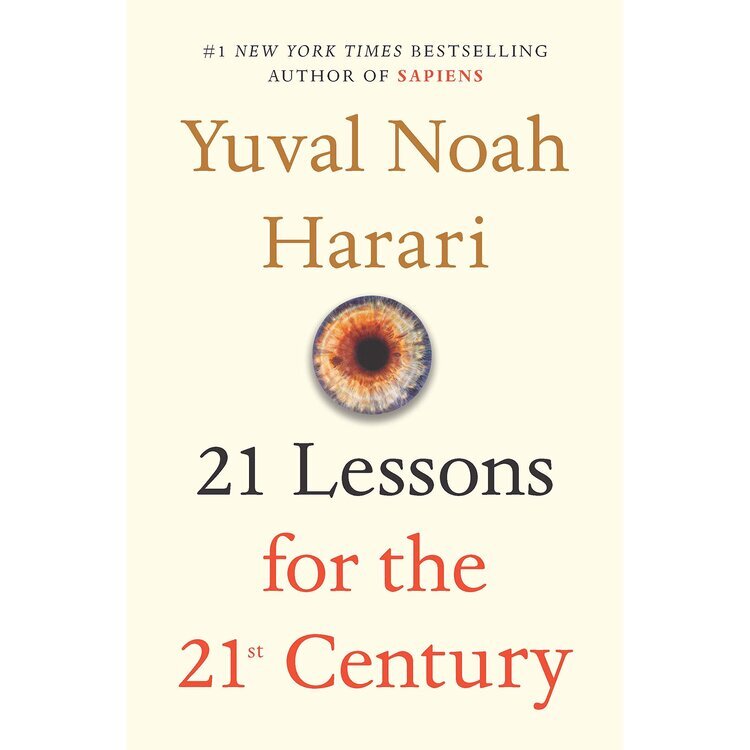We meet Count Rostov first in a Soviet courtroom where he somehow avoids execution with a mix of pomp and 19th century wit, which though could not save him from being placed under house arrest in a fancy hotel for the next 30+ years. The writing here focuses you on one or two adjectives or adverbs where, after thinking about it, leads you to the essence and tone of the scene; a room is cluttered with the “caprices of casual urgency” or a pidgeon looks with a “decidedly proprietary air”, or yet a waiter smiles “ecclesiastically”.
The author clearly took to heart the 1949 quote from Winston Churchill that “broadly speaking, short words are best, and the old words, when short, are best of all” .
Besides the excellent technical work, at its heart this is a book about a man mastering his circumstances and what that even really means. We see that mastering circumstances does not mean rising at dawn each day, threatening the calendar and clock with more stuff; instead “the events of an average day are as likely to transform who we are as a pinch of pepper is to transform a stew”. We see how the butterfly effect reveals an unexepected yet rich life for Count Rostov living in what is a hyperbolic version of home quarantining for us now at the time of writing. If the Count had been a little more reluctant or resigned, fate would certainly had been more tempted. In a call for action within inaction, the Count would say to us now “master [your] circumstances through practicalities” or else the butterfuly effect is less likely to be as kind to you.



